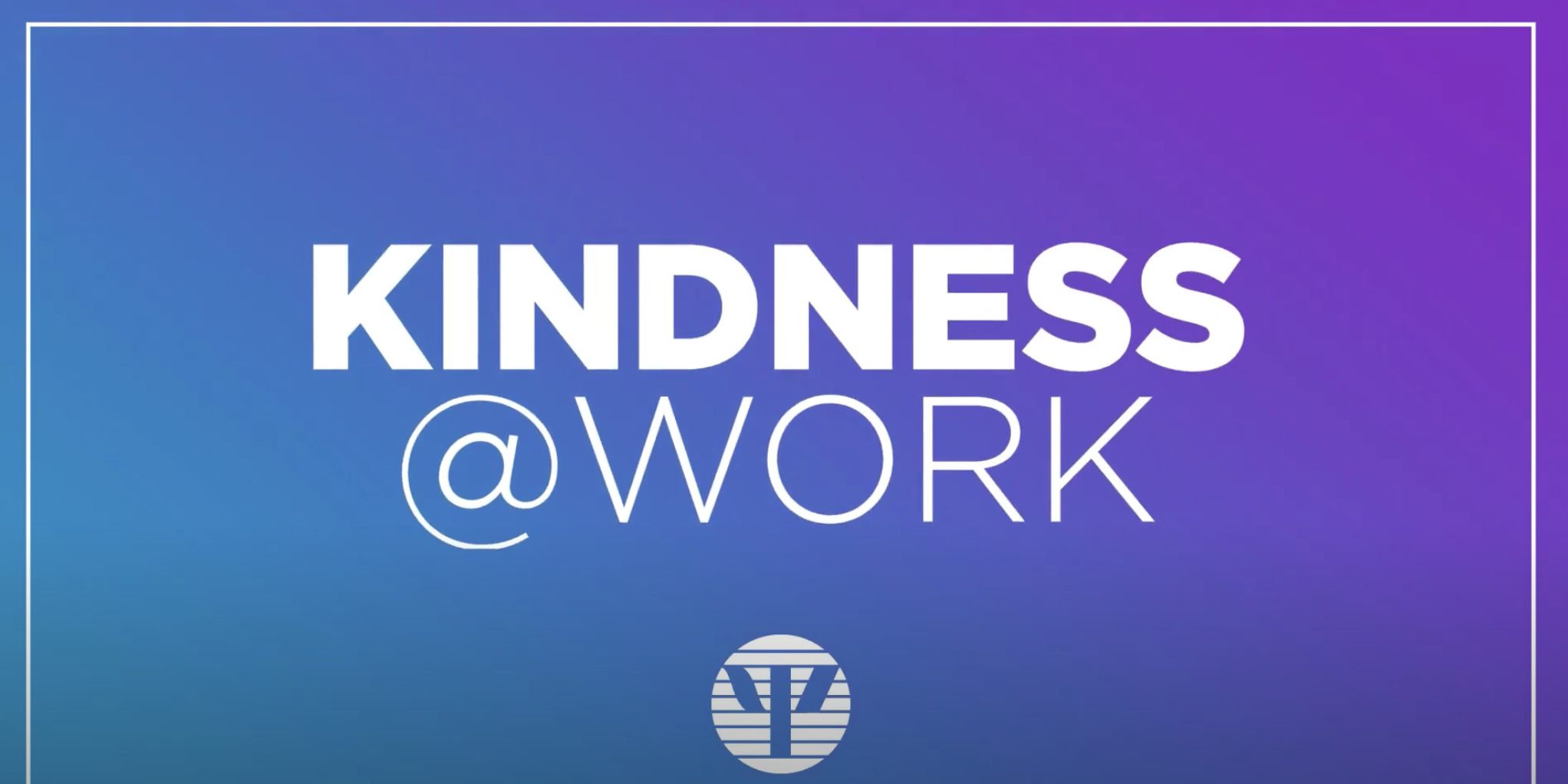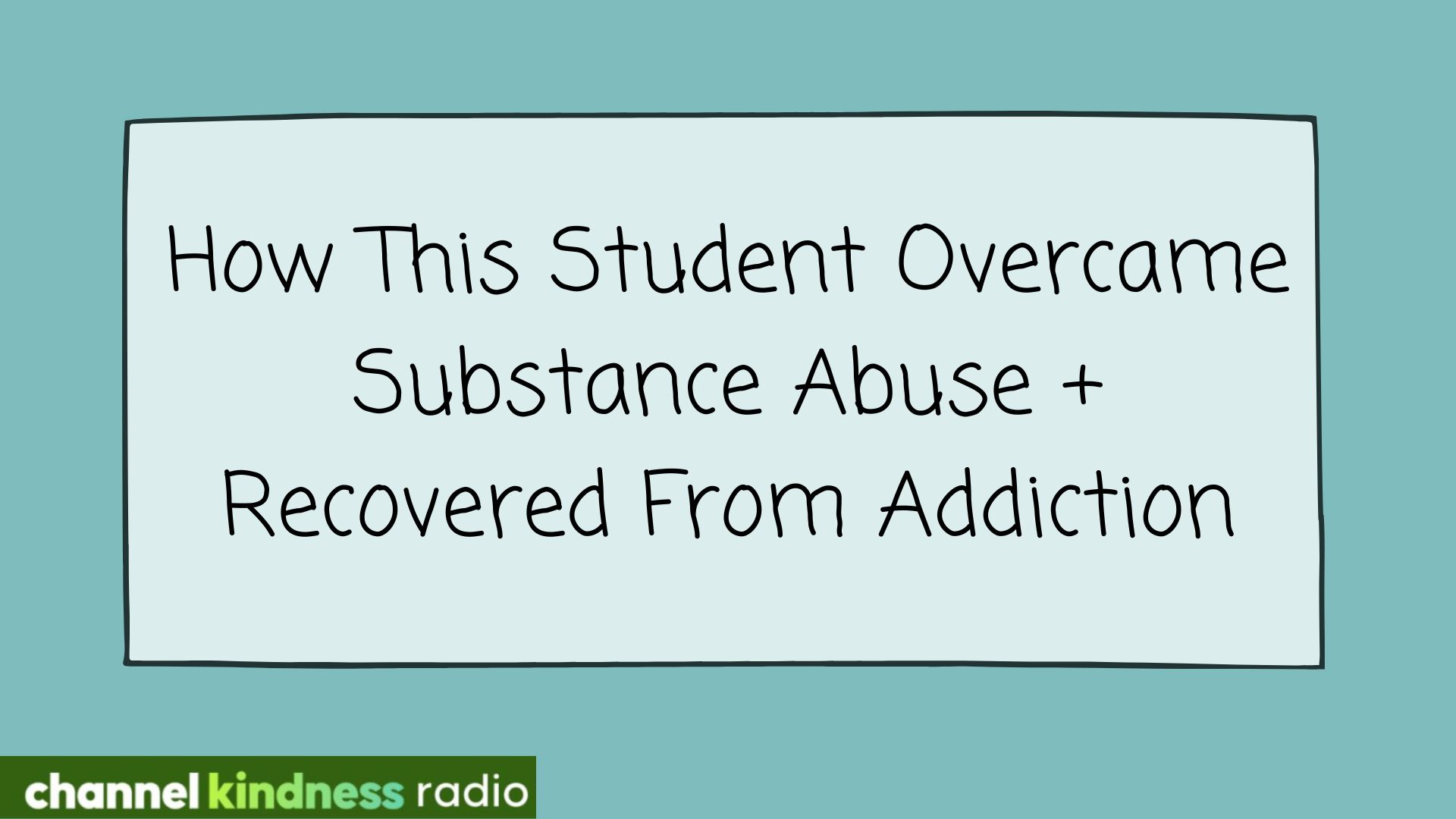The facts are in. Kind workplaces are good for workers and employers. They don’t just make the people who work there happier, healthier, and more likely to stay, they also make businesses more productive.
Born This Way Foundation’s Kindness in the Workplace survey report shows 89% of Gen Z and young millennials hold mental health and kindness as high priorities in the workplace. However, most young workers report that they are not experiencing meaningful change when it comes to fostering a kind workspace (72%) or equity, diversity, and inclusion (74%). This echoes findings in our most recent Work and Wellbeing Survey from the American Psychological Association (APA). More than half of 18- to 25-year-olds (53%) said their company’s equity, diversity, and inclusion (EDI) policies were mostly for show.
In the Kindness @ Work video series below, Vanessa Hintz, PsyD (a clinical psychologist and EDI expert at APA) provides three simple ways to make your workplace a little bit kinder.
What to do when you witness a microaggression
Have you had this experience? You’re at work minding your business when one of your coworkers makes an inappropriate and stereotypical remark about another person on your team. That’s a microaggression (i.e., verbal, nonverbal, or environmental slights, insults, or snubs that send hurtful and demeaning messages to marginalized people) and they can be toxic in the workplace. Intentional or not, microaggressions can harm people’s physical and mental health and negatively impact their careers. It’s normal to feel out of your depth and unsure of how to react. Dr. Hintz breaks down practical steps to take when you witness a microaggression.
What to do when you commit a microaggression
Maybe this time, you’re the one who has made the tasteless and offensive remark, and someone has had to call your attention to it. We’re all human. It’s embarrassing when you are the offender, but it happens. Your words or actions may have been unintentional, but it’s unproductive to get defensive in such a situation. It could make things worse. In this video, Dr. Hintz goes over how to make amends and hold yourself accountable when you have committed a microaggression.
How to use inclusive language at work
Finally, inclusive language is another key way to make your workplace more respectful and welcoming. If you are cisgender, something as simple as sharing your own pronouns can be a powerful way to make your trans and nonbinary colleagues feel like they belong. So is taking the time and effort to educate yourself about using respectful and appropriate terminology. In this final video, Dr. Hintz offers simple guidance for embracing inclusive language at work.
We hope these videos share the reminder that we can all play a role in creating kinder and more compassionate workplace cultures.















